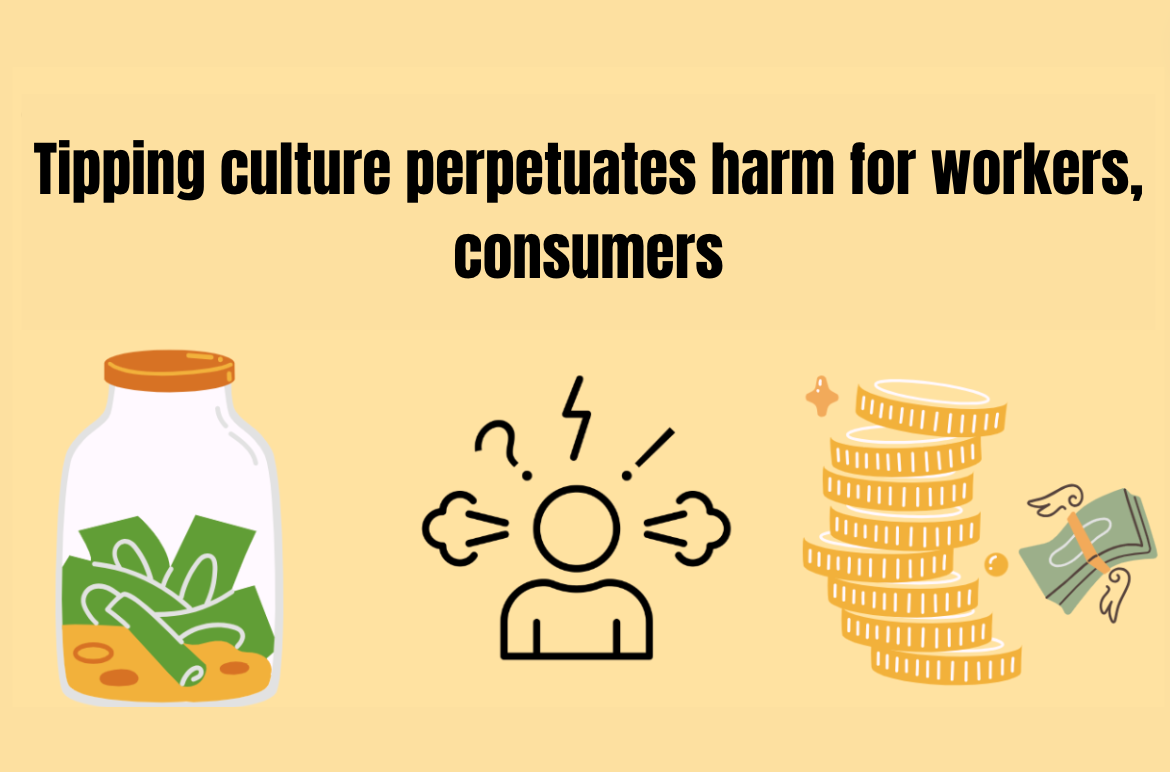It’s not only a disservice to a senior student’s imminent collegiate experience but also to their general psyche when the definite pressure, the driving pressure of college acceptance vanishes and the vacuum it leaves remains unfilled.
I’ve experienced one half of my “second-semester senior” experience between a daunting place, where the clock rings as early and sleep comes as late, and a stranger, more illusionary place. As freshmen, sophomores and juniors, we hear of the peaceful pastures of senior year post-Winter Break. It’s a place where overworked students finally retire, temporarily of course, after a long haul. It’s a place where we can enjoy our interests without the tempestuous weather of test scores and grades and deadlines and college. But it’s only a chimera.
The realisation that soon dawns on a second semester senior is that the arduous workload of senior year continues as it did before we submitted our college applications, that all the time we had expected to dedicate to hobbies and pleasures is still very much expected in scholarly pursuits. There’s still the tests, still the essays, still the homework, so what does the unspoken culture of “senioritis” imply – that we should do the bare minimum to pass and forget all the professional values we espoused and developed over the years? That in this new academic current, where there is no tangible endgame we have been taught to see, we should pull up the oars and abandon ourselves to procrastination and a brittle work ethic?
Well, I’ve fallen somewhat towards that, as my hours of Netflix consumption and excessive hibernation have multiplied at the expense of additional studying. And, unfortunately, I don’t think I’m the only one.
The academic program, as well as the popular culture that seeps into almost every student as this school, restricts the second semester senior class from potential growth. We are led to believe, by others as much as ourselves, that it’s over, that we are in a six month introduction to our collegiate or adult lives – or perhaps summer vacation. The result is destructive before anything: In the simultaneous tugs between academic work and the activities we expected to pursue, we find ourselves in a submerging chokehold that allows us neither to learn like before nor rest like we wanted nor explore like we desired.
Many of us find ourselves in an unproductive stasis where a false dream of premature graduation is the only available adhesive.
The most defeating facet of this stigma is that it’s an accepted, almost celebrated, feature of high school culture. It’s not that there’s an elephant in the room, there’s a whale in the system: Instead of addressing this unhealthy (albeit delicious from the senior point of view) phenomenon, the school leaves it up to individuals and teachers to address them on a case by case basis.
Sometimes, as is inevitable, it works: A teacher of mine gave an inspirational oration on how to make the best of this awkward time, that we should be seeking habits for college and later life through greater room for exploration and failure. And though there has been no relent in the pace of the class, there is a greater-than-classroom ethic we are consequently learning. Sometimes, as is inevitable, it doesn’t work: I’ve noted a drop in motivation that has only been complemented by the turn of yearly seasons.
We have been groomed like Spartans to fight for a college admission letter; however, when the email comes bearing revelations of our educational future, we don’t return home on our shields, we return home without knowing what exactly to do with our time.
And the school, whether at the administrative level or at the student level, or both, pacifically embraces a double-whammy failure: Not only does our passive apprehension “senioritis” indirectly confirm that high school is a transition to college rather than a transition to adulthood, but ASL, students included, is graduating students who have, in majority, spent the last six months of their educational careers perfecting the balance between working enough only to pass the hurdles.
With a magnificent opportunity, we have created a squalid waste. Many friends of mine around the world, particularly in America where some curricula have embraced more experiential formats, have been given time off in their second semester (post-acceptance) ranging from a few weeks to a couple of months. These are not vacations, not in the least, they are explorations into passions and pleasures schools could not or did not provide a forum for. With this I extend a similar proposal to the school: That at a given time, most likely the interim period between AP exams and graduation, students are allowed to make proposals (in the same vein as Independent Studies) to pursue upon ratification and later write progress reports about. The spectrum of study should be wide and varied, in the hope of imitating the diversity of choices we will have to navigate as adults: It could be cooking lessons, medical internships, surfing initiations – anything.
Reflecting as a senior, I have found an abundance of time and opportunity to explore who I am and what I want to be in my past years. But now, when I, like the majority of my senior classmates, can be given free license to explore the world and its workings with the irreverent (and sadly moribund) curiosity of a teenager, I have to keep doing what I do. Teenagehood is a time to rove mindlessly in the search of a wealth of truth, to arrive in America while searching for India. And all we need is the time and space to do just that.







